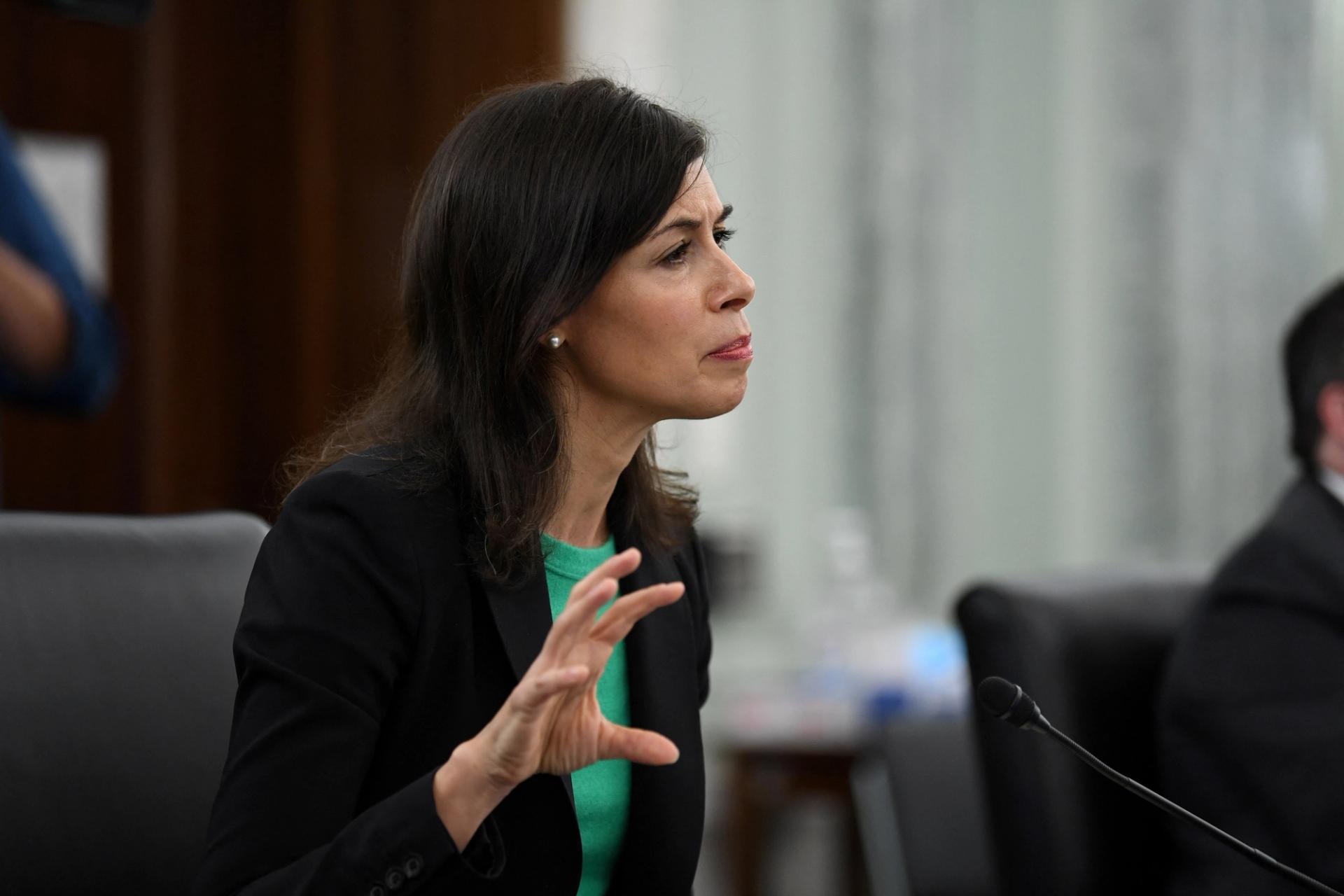The News
The U.S. Federal Communications Commission on Thursday outlawed robocalls generated by artificial intelligence.
AI robocalls have been used globally to misinform voters by mimicking celebrities and political candidates, showing the tech’s ability to disrupt campaigns during a busy election year.
The new FCC rule gives the agency the ability to fine companies that use AI in voice calls, or block service providers that carry them.
SIGNALS
AI’s risk to US elections is a ‘spectrum’
The FCC has been looking into ways to crack down on AI robocalls for months, but the issue made headlines in recent weeks after an AI robocall mimicked President Joe Biden’s voice and discouraged voters from going to the polls for New Hampshire’s primary election, marking the “highest-profile controversy to use AI during the 2024 campaign,” Politico wrote. U.S. Commerce Secretary Gina Raimondo said Thursday she’s “very worried” about the possibility of AI disrupting the 2024 presidential election. The risks AI poses to the U.S. election is a “wide spectrum,” NPR’s voting correspondent Miles Parks said this week. Cybersecurity and disinformation were already concerns in 2020, and “AI just presents the potential for those problems to get worse,” he said.
AI poses a challenge for global elections
In a year in which more than half of the world’s population will be eligible to vote in elections, countries are already seeing how generative AI poses a global challenge: Ahead of Thursday’s election in Pakistan, a deepfake video of one party leader falsely claimed he was dropping out of the race. A leading candidate in Indonesia’s presidential election next week is campaigning prominently with an AI-generated cartoon that depicts him as cute and cuddly. And in India, where the government is considering how to regulate the tech, professionals are offering to make deepfakes for political parties for 8 rupees — the equivalent of just 9 cents — per video.
FCC has been trying to crack down on robocalls for years
It remains to be seen how effective the new U.S. regulation on AI calls will be. Americans are all too familiar with spam robocalls, and the FCC has been trying to crack down on illegal calls for years. Caller ID authentication technology that was mandated in 2021 doesn’t “appear to have had a significant impact on the problem,” The National Interest wrote. U.S. consumers received nearly 4.3 billion robocalls in January, an increase from December but a slight decrease from this time last year, according to new data from YouMail, a robocall-blocking company. It shows how the FCC has made strides in fighting the issue, but “in the fight against phone spam there’s still no end in sight,” SlashGear wrote.

